Kirkland Cleaners, a local Cambridge business, has taken major steps to reduce its carbon emissions and is helping the city meet its goals to reduce annual electricity and water consumption by 10% city-wide. They are the first business in Cambridge to reap the benefits of a new energy efficiency program administered by the Cambridge Energy Alliance (CEA).
Owners Patricia and Mark Birchem are saving money on their utility bills and reducing their business's CO2 emissions thanks to a free comprehensive energy audit and a new high-efficiency hot water and new high-efficiency washer recently installed at the Kirkland Street dry cleaners and laundromat.
Kirkland Cleaners had an energy audit last spring that recommended the Birchem’s replace old washing machines with high-efficiency front loaders, install automatic switches to shut off lights, and replace an inefficient 25-year-old hot water system.
The Birchems saw an opportunity to save money while saving the planet. In November 2008, the Birchems replaced their aging hot water system with three high-efficiency tankless water heaters. As a result, the dry cleaners have already saved 20% on their monthly gas bill, and have reduced CO2 emissions by 8.5 metric tons per year. The new boilers will take about four years to pay back with the estimated energy savings, depending on the price of natural gas.
In addition to reducing their energy bill Kirkland Cleaners is saving approximately 100,000 gallons of water per month, enough to fill 3,000 bathtubs. These savings have been achieved by replacing 13 washers with new, high-efficiency front loading models. Kirkland Cleaners has also replaced their lighting in 2004 with energy efficiency lighting fixtures. These investments have helped them save money and also serve as a steward of energy and water resources.
“Managing all the legwork required for this type of project is difficult when you’re running a business,” Patricia Birchem said. “We’ve always been interested in energy efficiency, but sometimes you don’t even know where to start. The Cambridge Energy Alliance made it easy for us to incorporate energy efficiency into our business.”
The CEA program offers comprehensive energy audits for Cambridge businesses, in most cases, for free. Many Businesses in Cambridge can save money and join Kirkland cleaners in taking action to reduce carbon emissions. The program also offers low-interest loans to help pay for the installation of energy and water conservation measures.
Because the CEA has developed a working partnership with the City of Cambridge, NSTAR and different energy companies, the organization is able to deliver one-stop customer service that allows business owners and residents to be involved with the process without having to manage it themselves. “Instead of the owner working with several different entities to schedule the audit, hire the contractors, pull the permits and apply for incentives, they have one person who handles all of those pieces for them,” said Josh Hassol, CEO of the Cambridge Energy Alliance.
The Birchems take pride in the fact that the energy efficiency improvements at Kirkland Cleaners will have a positive impact on the environment in addition to improving their bottom line, “It's not just the money; it's also trying to run a green operation here in Cambridge,” Birchem said.
Kirkland Cleaners is part of a greater community mission to green Cambridge. The CEA program has a goal of eliminating 150,000 tons of greenhouse gases through a range of measures including cutting peak energy demand across the City of Cambridge by 50 megawatts (MW). This reduction is equivalent to eliminating the consumption of 15,445,823 gallons of gasoline, 316,450 barrels of oil, or the total energy demand of 12,010 homes.
Kirkland Cleaners has found that becoming energy efficient is good for their bottom line. Earth Day is a good time to think about how to improve energy efficiency in the home or business to help Cambridge become a healthier city and lead the way on climate change action.

